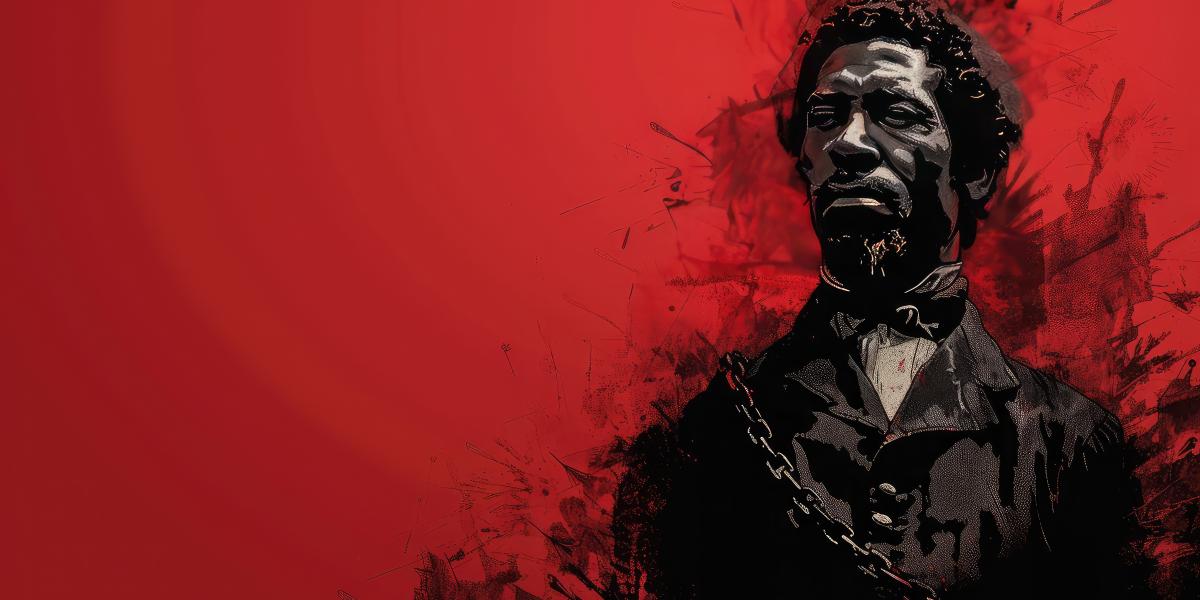Dred Scott, Political Discourse, and the Evolution of Constitutional Interpretation
The 2022 article proposing that the Dred Scott case remains precedent, potentially enabling racist legal practices, necessitates a deeper examination of constitutional interpretation, judicial activism, and the complex interplay of law, morality, and politics. The article’s premise, akin to the rationale behind President Biden’s Antilynching Act, suggests that historical injustices persist and require new legal remedies. This raises the fundamental question of whether the Constitution, as interpreted today, truly allows for such discriminatory application of antiquated precedents.
The Dred Scott case highlighted the fundamental tension between originalism and the “living document” view of constitutional interpretation. Originalists maintain that the Constitution’s meaning should be derived from its original intent, while proponents of the “living document” approach argue for evolving interpretations that reflect contemporary values. This debate mirrors contemporary discussions surrounding judicial activism, with critics like Bruce Pardy arguing that judges, under the guise of purposive interpretation, are overstepping their bounds and imposing their own moral and political values. Pardy points to a shift in judicial philosophy, contrasting the traditional view of judges as interpreters of existing law with the modern tendency towards judicial activism, where judges see themselves as arbiters of societal values.
The Dred Scott case itself centered on the citizenship status of enslaved people and the constitutionality of slavery—not the morality of slavery itself. Dred Scott, a slave taken into free territory, argued upon his return to a slave state that his residency in free territory had granted him freedom. The Supreme Court’s majority, led by Chief Justice Taney, ruled against Scott, asserting that people of African descent were not considered citizens at the time of the Constitution’s ratification. This decision, based on an originalist interpretation of the Constitution, prioritized the framers’ understanding over evolving moral sensibilities.
The contemporary condemnation of the Dred Scott decision often conflates the abhorrence of slavery with the legal reasoning behind the ruling. While the moral repugnance of slavery is undeniable, it’s crucial to distinguish between moral judgments and legal interpretations. The rule of law demands an examination of legal texts and precedents, a process that can lead to differing judicial opinions. The near-universal denunciation of Dred Scott as the worst Supreme Court decision in history often fails to acknowledge the originalist principles underpinning the majority opinion. This reflects the present-day tendency to view historical figures through a contemporary moral lens, rather than engaging with the legal and political context of their time.
The tension between judicial interpretation and political action becomes apparent in the aftermath of the Dred Scott decision. While the Supreme Court upheld the constitutionality of slavery, Northern courts and legislatures largely rejected the ruling, enacting legislation that protected enslaved people within their borders. This divergence exemplifies the complex interplay between legal pronouncements and political realities. While the Supreme Court’s decision held legal weight, the political will of the North ultimately defied it, foreshadowing the nation’s descent into civil war.
The debate surrounding the Dred Scott case ultimately reflects the ongoing struggle to reconcile legal principles with moral imperatives. While the decision is widely condemned today, understanding its historical and legal context is crucial. Justice Taney’s originalist approach, while abhorrent by modern standards, adhered to a specific interpretive philosophy. The subsequent rejection of the decision by Northern states highlights the limitations of legal pronouncements in the face of strong political and moral opposition. This dynamic continues to inform contemporary debates about constitutional interpretation, judicial activism, and the role of the judiciary in addressing societal injustices.
Share this content:












Post Comment